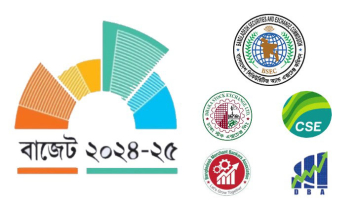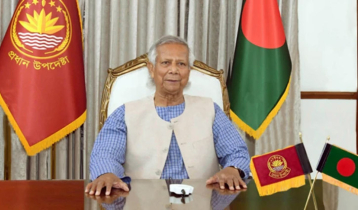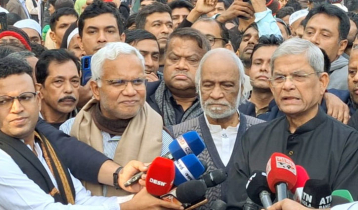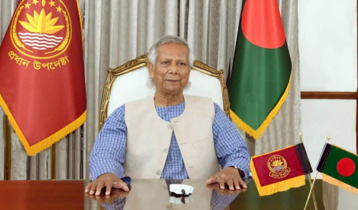Six-point movement: The ‘Magna Carta’ of Bangalis
Aminul || risingbd.com
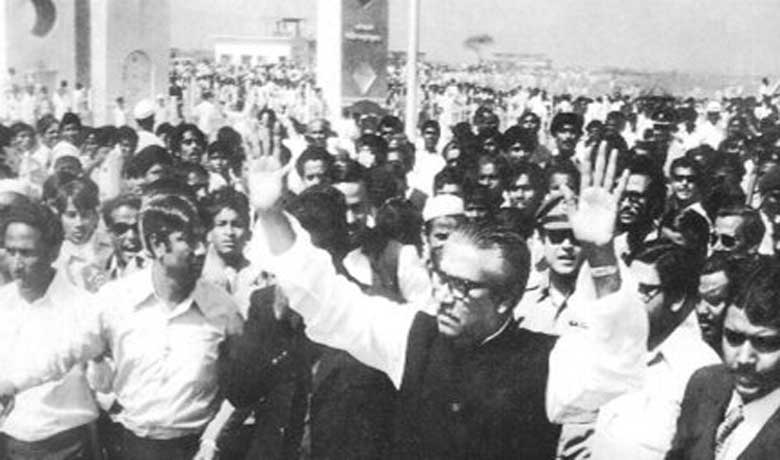
Aminul Islam: The historic Six-Point Demand or the Six-Point Formula was a Bengali nationalist movement in East Pakistan spearheaded by Bangabandhu Sheikh Mujibur Rahman, which eventually led to the liberation of Bangladesh.
It has been widely credited as the "charter of freedom" in Bangladesh`s struggle for self-determination from Pakistan`s domination. Indeed, the six-point movement was the turning point in our quest for independence.
The movement`s main agenda was to realize the six demands put forward by a coalition of Bengali nationalist political parties in 1966, to end the perceived exploitation of East Pakistan by the West Pakistani rulers.
On June 7 in 1966 the Awami League called a countrywide hartal in the then East Pakistan to press home the six-point demands. Sheikh Mujibur Rahman along with many others was arrested. Since then 7th June is observed as the historic six-point day.
Notwithstanding the deliberate distortions of our political history over a period of almost thirty years, the fact remains that the six-point movement is a milestone in the history of our struggle for independence.
East Pakistanis were left to their fate, without military defence and security, while the Pakistani rulers kept themselves busy in defending the West Pakistani frontiers. In this backdrop, soon after the end of the War, Sheikh Mujibur Rahman raised the historic 6-point demand, a charter for the economic emancipation from the exploitative Pakistani colonial state-system.
The six points were as follows:
Point 1: Pakistan shall be a Federal State. There shall be a parliamentary government formed by a legislature elected on the basis of universal adult franchise.
Point 2: The federating units or the provinces shall deal with all affairs except foreign relations and defence.
Point 3: There shall be two separate but easily convertible currencies for the two wings of Pakistan. Or alternatively, there may by a single currency with the provision that the Federal Bank shall take adequate measures to stop the siphoning off from East Pakistan to West Pakistan.
Point 4: The federating units or provinces shall reserve the rights to levy taxes. The central government, of course, shall have some share of the tax proceeds.
Point 5: Separate accounts shall be maintained for the foreign exchange earnings of the two wings. The foreign exchange earned from foreign trade shall be under the control of the respective wings. The federating units shall be independent in conducting trades with foreign countries.
Point 6: The federating provinces shall be able to raise para-militia or para-military forces for their own defences.
Following the end of British rule in the Indian subcontinent, the new state of Pakistan came into being. The inhabitants of East Pakistan (later Bangladesh) made up the majority of its population, and exports from East Pakistan (such as jute) were a majority of Pakistan`s export income.
However, East Pakistanis did not feel they had a proportional share of political power and economic benefits within Pakistan. East Pakistan was facing a critical situation after being subjected to continuous discrimination on a regional basis, year after year.
As a result, the economist, intelligentsia and the politicians of East Pakistan started to raise questions about this discrimination, giving rise to the historic six-point movement.
Six-point programme became the heartfelt demand of the common masses. Students put forward their 11-point programme which complemented the six-point charter of demands. The spectacular success of the six-point movement in 1966 had prompted the ruling coterie of Pakistan to discredit the organisers of this movement.
Although Ayub Khan`s diabolical regime had used various brutal and punitive measures against the proponents, organisers and supporters of the six-point formula, the six-point anchored mass upsurge in 1966 had seriously impacted and conditioned the subsequent political developments in Pakistan.
risingbd/June 07, 2015/Aminul
risingbd.com

